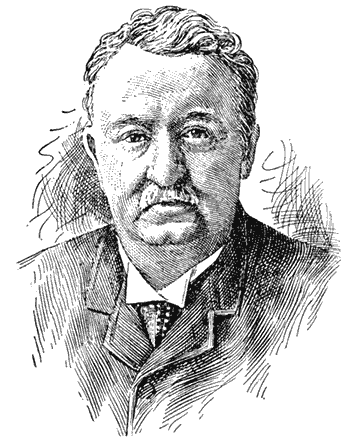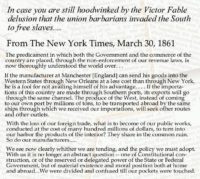 Several days ago while doing my nightly walk through at Facebook I came across the following image… but knowing what I know regarding the War of Northern Aggression (be patient here you poor under educated children) I knew that there was more to all of it, but as I expected there WAS more – much more, and so I went on an expedition. The image at right, is accurate, but heavily edited to make a point – and a very accurate one at that, but I wanted it all and Lo and behold my students, the archives are there – in full.
Several days ago while doing my nightly walk through at Facebook I came across the following image… but knowing what I know regarding the War of Northern Aggression (be patient here you poor under educated children) I knew that there was more to all of it, but as I expected there WAS more – much more, and so I went on an expedition. The image at right, is accurate, but heavily edited to make a point – and a very accurate one at that, but I wanted it all and Lo and behold my students, the archives are there – in full.
Of course, one must continue to wonder, why both sides always seem to want to pick and choose how they present their respective ‘side‘ of an issue, but understand – the basis of the image – is spot on, but let us review the entire column – back when the New York Times was a respectable publication. We’ll have a few comments at the close of today’s class. – J.B.
Continue reading


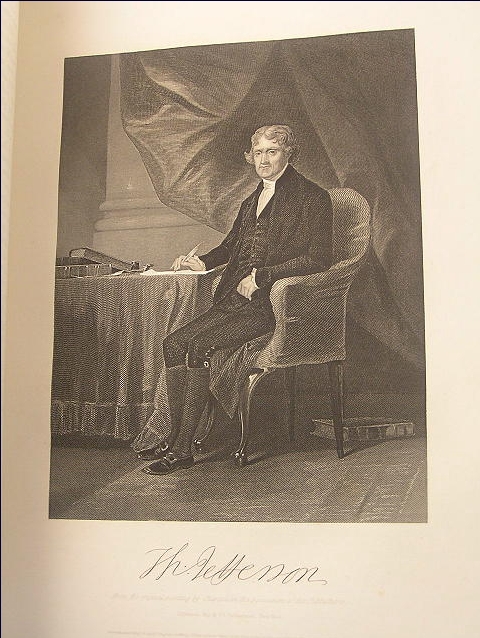
 It’s now pushing twenty years since I began to ‘surf’ the Net, but amongst the first writers with whom I became familiar with was the author of the following post, Joseph R. Stromberg, whose work was published by Lew Rockwell, the Independent Institute, The Imaginative Conservative, the Mises Institute and other noted publications. His writings still draw me to this day – but that is part of the problem… what day? Other than one link, which holds his archives from a single publication – I had lost track of Stromberg – until tonight. What we post here this day, is from his 2003 archives – but well worth the read. And yes – as one would conclude – I have chosen to post the column in
It’s now pushing twenty years since I began to ‘surf’ the Net, but amongst the first writers with whom I became familiar with was the author of the following post, Joseph R. Stromberg, whose work was published by Lew Rockwell, the Independent Institute, The Imaginative Conservative, the Mises Institute and other noted publications. His writings still draw me to this day – but that is part of the problem… what day? Other than one link, which holds his archives from a single publication – I had lost track of Stromberg – until tonight. What we post here this day, is from his 2003 archives – but well worth the read. And yes – as one would conclude – I have chosen to post the column in 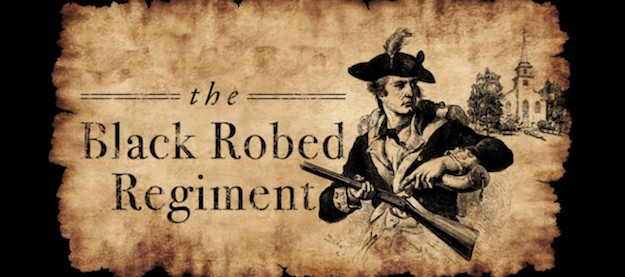 As we look at the preachers of early America what we will see is a total dedication to preaching the uncompromised Word of God and a refusal to budge from its true meaning.
As we look at the preachers of early America what we will see is a total dedication to preaching the uncompromised Word of God and a refusal to budge from its true meaning. I’ve found it interesting, over the years, as I have perused the internet out of curiosity to see what sites it might contain that deal with Yankee/Marxist atrocities in Missouri before and during the War of Northern Aggression, the first sites that usually pop up in search engines mostly seem to deal with Lawrence, Kansas.
I’ve found it interesting, over the years, as I have perused the internet out of curiosity to see what sites it might contain that deal with Yankee/Marxist atrocities in Missouri before and during the War of Northern Aggression, the first sites that usually pop up in search engines mostly seem to deal with Lawrence, Kansas.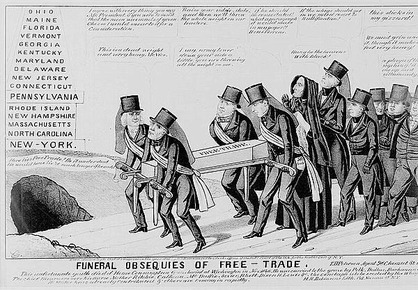
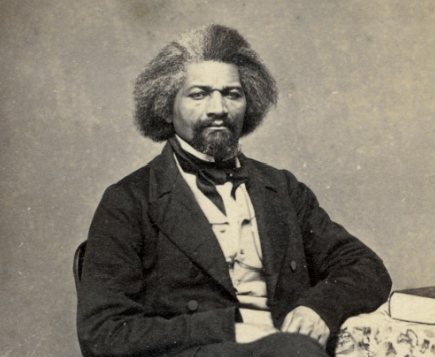
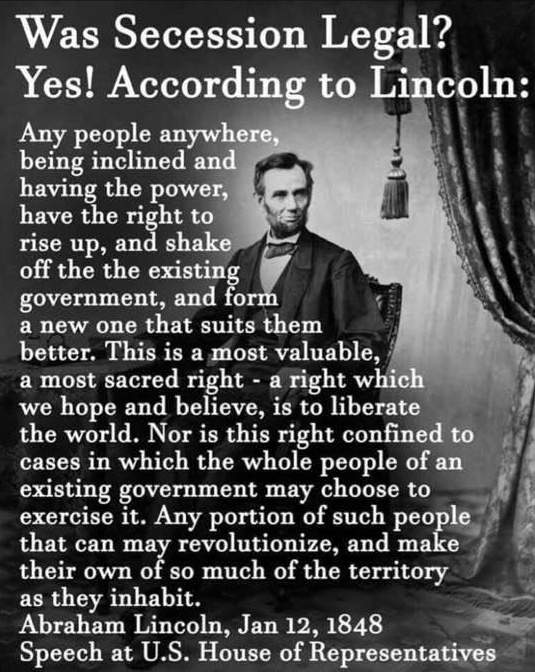

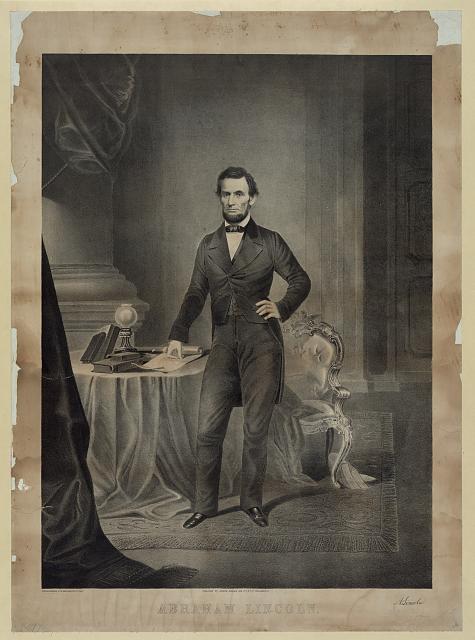 Well, we are now into February–the beginning of Black History Month, which should end sometime around the latter part of Spring. Yesterday was Abraham Lincoln’s birthday, with all the attendant legends and myths posing as history that always accompany that. As always we will be fed all the historical bovine fertilizer that goes along with that notable event.
Well, we are now into February–the beginning of Black History Month, which should end sometime around the latter part of Spring. Yesterday was Abraham Lincoln’s birthday, with all the attendant legends and myths posing as history that always accompany that. As always we will be fed all the historical bovine fertilizer that goes along with that notable event.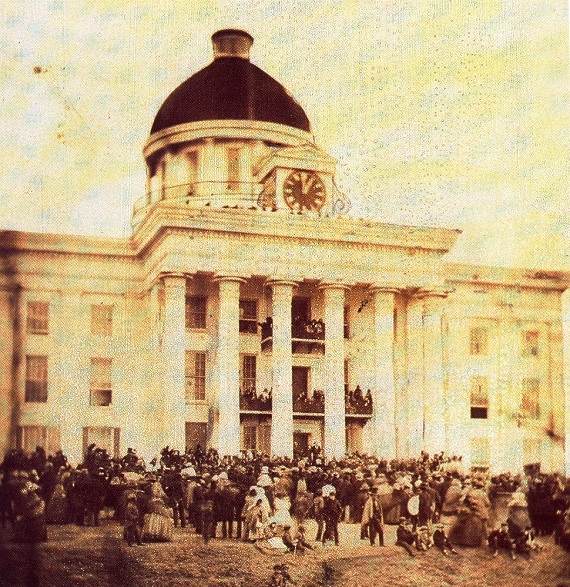 The mark of an advanced civilization is the rule of law, with the highest being the rule of law that protects life, liberty and property. Based upon this standard, the Confederate States of America embodied an advanced Christian civilization.
The mark of an advanced civilization is the rule of law, with the highest being the rule of law that protects life, liberty and property. Based upon this standard, the Confederate States of America embodied an advanced Christian civilization.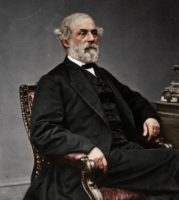 A few years after General Lee accepted the presidency of the then Washington College, I was sent to be entered in the preparatory department, along with an older brother who was to enter college. The morning after we reached Lexington we repaired to the office of General Lee, situated in the college building, for the purpose of matriculation and receiving instructions as to the duties devolving upon us as students. I entered the office with reverential awe, expecting to see the great warrior, whose fame then encircled the civilized globe, as I had pictured him in my own imagination. General Lee was alone, looking over a paper. He arose as we entered, and received us with a quiet, gentlemanly dignity that was so natural and easy and kind that the feeling of awe left me at the threshold of his door. General Lee had but one manner in his intercourse with men. It was the same to the peasant as to the prince, and the student was received with the easy courtliness that would have been bestowed on the greatest imperial dignitary of Europe.
A few years after General Lee accepted the presidency of the then Washington College, I was sent to be entered in the preparatory department, along with an older brother who was to enter college. The morning after we reached Lexington we repaired to the office of General Lee, situated in the college building, for the purpose of matriculation and receiving instructions as to the duties devolving upon us as students. I entered the office with reverential awe, expecting to see the great warrior, whose fame then encircled the civilized globe, as I had pictured him in my own imagination. General Lee was alone, looking over a paper. He arose as we entered, and received us with a quiet, gentlemanly dignity that was so natural and easy and kind that the feeling of awe left me at the threshold of his door. General Lee had but one manner in his intercourse with men. It was the same to the peasant as to the prince, and the student was received with the easy courtliness that would have been bestowed on the greatest imperial dignitary of Europe. 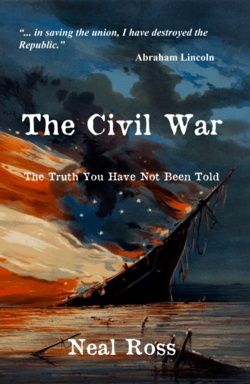
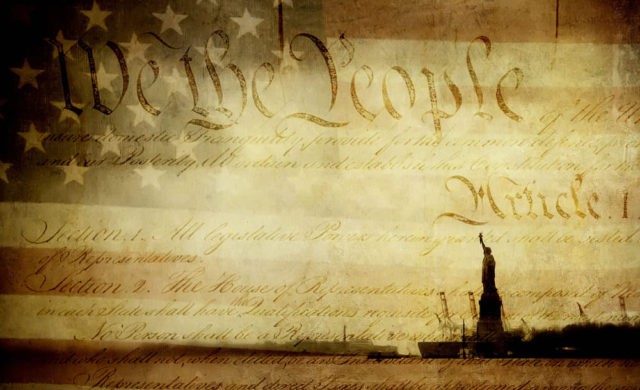 These courses, what little that is taught, are taught usually in high school. After the Revolutionary War we began teaching the history of our nation in early elementary school. Noah Webster stated: “Every child in America should be acquainted with his own country. He should read books that furnish him with ideas that will be useful to him in life and practice. As soon as he opens his lips, he should rehearse the history of his own country.” We were teaching catacisims out of the Constitution in 1828 to elemenatary students that Justices on the Supreme Court today couldn’t answer.
These courses, what little that is taught, are taught usually in high school. After the Revolutionary War we began teaching the history of our nation in early elementary school. Noah Webster stated: “Every child in America should be acquainted with his own country. He should read books that furnish him with ideas that will be useful to him in life and practice. As soon as he opens his lips, he should rehearse the history of his own country.” We were teaching catacisims out of the Constitution in 1828 to elemenatary students that Justices on the Supreme Court today couldn’t answer.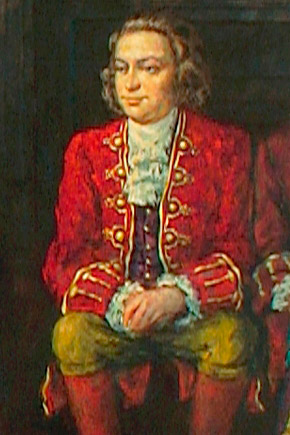
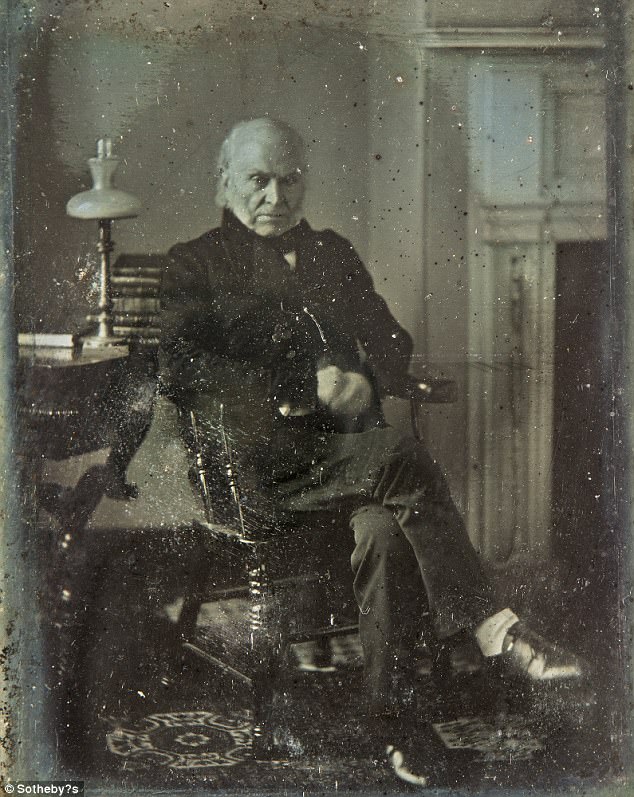
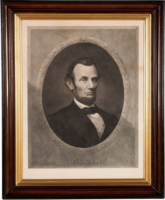
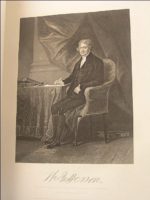 On April 13, 1743 a young child was born into the world that would change the course of American history. This child was the third of ten eventual siblings. His father was born in the Colonies and his mother was born in England and migrated to the Colonies where she met her future husband.
On April 13, 1743 a young child was born into the world that would change the course of American history. This child was the third of ten eventual siblings. His father was born in the Colonies and his mother was born in England and migrated to the Colonies where she met her future husband.